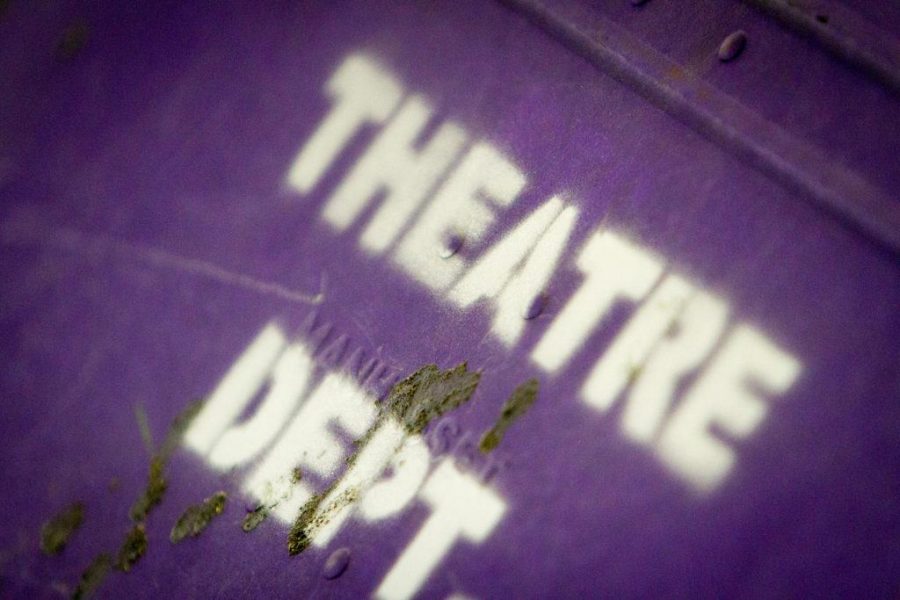Shakespeare, dancing, soccer, tradition and of course money. The University of Utah 2017-18 theater season is breaking stereotypes, and it is taking on all kinds of issues. Each season features six shows. Four straight plays and two musicals are produced in one of the three primary theaters along with a multitude of play readings and professional productions in one of the seven performance spaces on campus. The U likes its arts.
This year will host a wide variety of shows. The two musicals will be “Steel Pier” and “Beautiful Game.” “Steel Pier,” based off the book by David Thompson, is a musical about dance. It is set in Atlantic City, and it takes place over the course of an old-fashioned dance marathon in the 1930s. This show will push students with a specific dance style and of course singing their lungs out to songs by Kander and Ebb. “Steel Pier” will open the season in September with a bang and a crash.
“You Never Can Tell” is the first straight play of the year. On its surface it seems to be a classic British satire set in the 1800s. While this show has the posh humor and fascinating characters of any production written by George Benard Shaw, it also offers a little something extra. This show revolves around a dentist and an independent woman who certainly does not need a husband. Next, add in a romance entirely based in science and logic, a few achy teeth and a masquerade. This show promises to be entertaining.
“Our Country’s Good” is also a period play set in the 1780s, but it’s off the coast of Australia. This show will feature a ship full of criminals and a play within a play where they can act for their lives. It deals with John Locke’s social contract, the idea of innocence coinciding with punishment, love, death and of course theater.
“Beautiful Game” will appeal to the football fans in the audience. Ben Elton and Andrew Loyd Webber, who also wrote “Phantom of the Opera” and “Cats,” wrote this musical. Denny Berry, head of the Musical Theater Program, will be premiering a new script with changes from Webber himself about a beautiful game and the relationships it builds.
“Casting is primarily opportunities for growth and ensuring that students are provided with the appropriate roles that most suit their individual progress,” said Christopher Duval, the head of the Actor Training Program.
Duval has spent 18 years working with the Oregon Shakespeare Festival and along Martine Green-Rogers, former assistant professor, and he is proud to bring that relationship to the U. This season will feature William Shakespeare’s “Love’s Labor’s Lost.” This is a comedic tale of the labor of love and the many ways it can go wrong.
All professional training programs, such as the Musical Theater and the Actor Training Programs, struggle with the balance between classwork and performance opportunity as both are important to the training of future actors.
“Productions add the element of hands-on training that is needed in any theatre program,” Duval said. “While there are many opportunities for students to perform in course work, our productions add a rich array of contexts in which learning through a rehearsal and performance process is valuable.”
Duval tries to focus on diversifying these opportunities for students at the U.
“I feel that casting should both challenge students to engage with material that is unfamiliar, and that we also need to ensure we identify texts in which the conflict is relatable,” Duval said.
Duval will be directing “Up (The Man in the Flying Chair),” a contemporary play about people. In Duval’s words “it is a very human, relatable story of loss and forgiveness.”
This season is diverse and interesting with pieces spanning nearly 400 years of theater, and the directors are as diverse as their shows. For more information go to theatre.utah.edu, and be sure to get plenty of free tickets via the Arts Pass with your student ID.
m.slack@dailyutahchronicle.com


